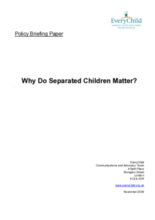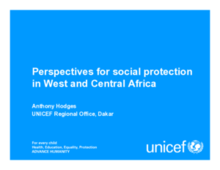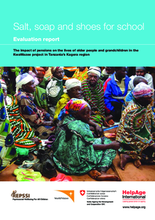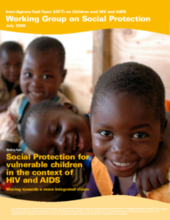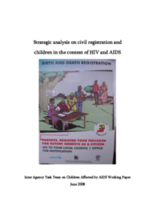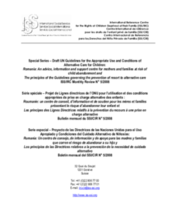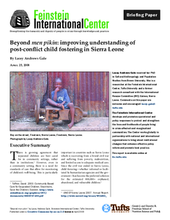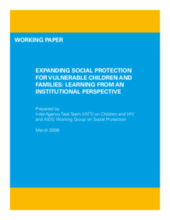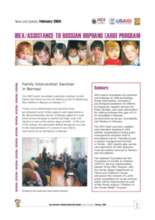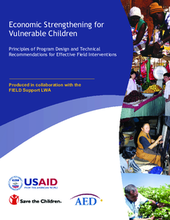Displaying 861 - 870 of 950
Evaluation of the need for increased understanding and inclusive responses to highly marginalized and separated children.
Assesses constraints and opportunities for social protection programming regionally with particular consideration for child sensitive social protection.
The impact of pensions on the lives of older people and grandchildren in the KwaWazee project in Tanzania’s Kagera region.
Discusses the crucial need to address social vulnerability, in addition to economic vulnerability, when formulating social protection strategies
Examines dynamics between achievements in universal birth registration and enhanced protection of children.
Explores the principles of the Draft UN Guidelines governing the prevention of resort to alternative care and provides a short case study on successful programming
Examines the challenges posed in monitoring and ensuring child protection in informal and formal fostering in post-conflict areas.
Examines the institutional challenges in implementing national social protection programmes
Update on all recent seminars and activities relevant to child welfare reform and deinstitutionalization in Russia
Provides principles of program design and technical recommendations for effective field interventions

